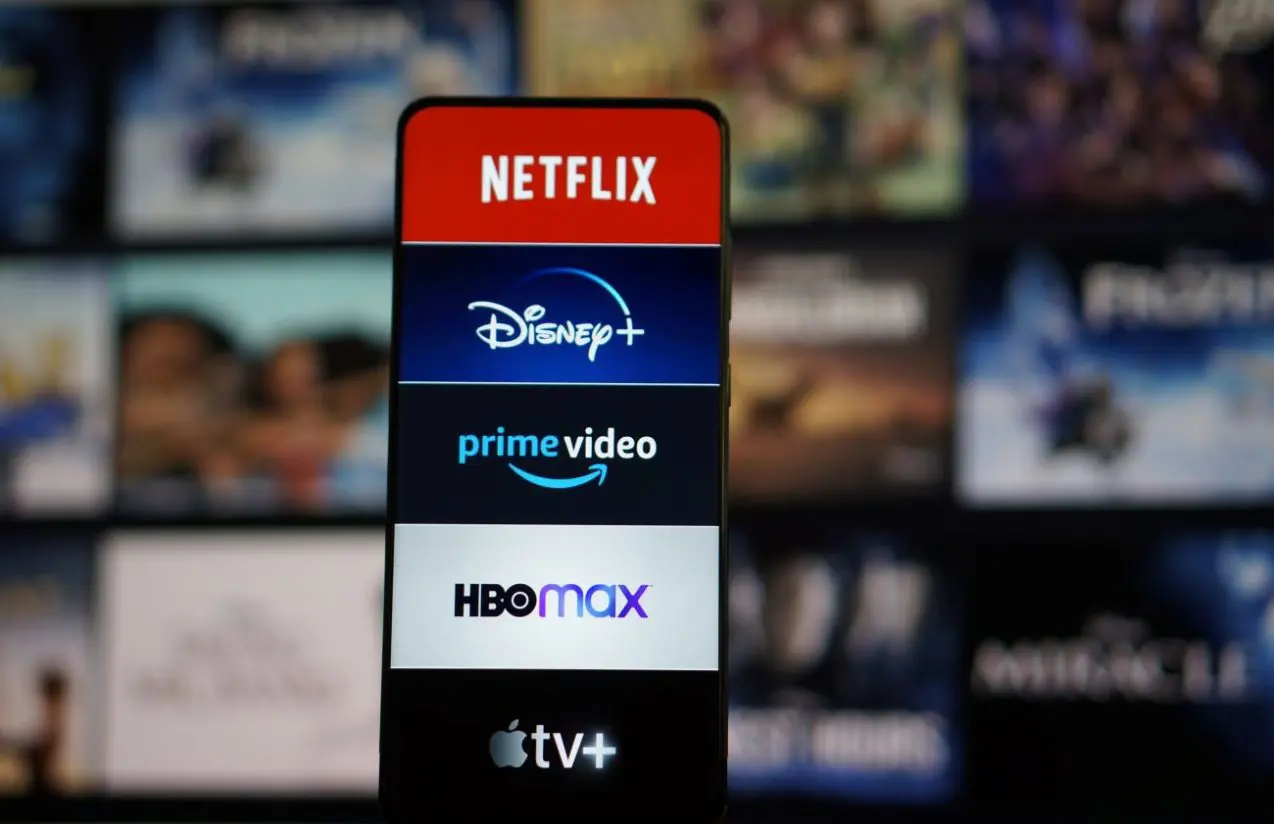A Golden Age of television led by streaming services like Netflix and Hulu has given way to an uncertain future, as economic challenges, industry strikes, and shifting viewer habits shake up the landscape. Behind the scenes, a high-stakes battle is unfolding that will shape the next era of TV.
For years, streaming allowed consumers unprecedented choice in entertainment options and fueled a content boom. But today, with profits waning and debt mounting, streamers are cutting back on shows amid a period of turmoil. What does the path ahead look like?
This TV season has seen major delays and cancellations as Hollywood strikes disrupted production. A walkout by the Writers Guild of America began in May, stalling development on numerous shows. Actors followed suit in July through the Screen Actors Guild, shutting down filming worldwide.
The strikes brought long-brewing issues to the surface. Writers argued they were underpaid and overworked, with more shows and shorter contracts. Actors protested insufficient residuals payments on successful streaming series. The unrest stemmed partly from streamers dealing with talent differently than traditional studios.
With negotiations ongoing, streaming services are holding back finished projects as a contingency against prolonged strikes. Tentpole shows like Euphoria, The Last of Us, and Stranger Things are benched for now. The turmoil has allowed studios to quietly axe other programs as well.
The current instability emerges after a streaming "gold rush" that revolutionized TV. Led by trailblazers like Netflix, services placed big bets on prestige programming and talent deals, raising the bar for production values. Netflix's House of Cards and HBO's Game of Thrones became landmark hits.
Seeing Silicon Valley encroaching on their turf, traditional studios rushed to launch streaming platforms, compromising their own longtime cash cows in the process. They acquired marquee producers like Shonda Rhimes and Reese Witherspoon at high prices to stock streaming libraries.
But as the post-pandemic economy slowed, subscribers plateaued. In 2022, Netflix lost $54 billion in market value after shedding customers for the first time. Other streamers saw billions in losses too. Amid recession fears, Wall Street insisted on profitability over growth.
Streaming's pivot from expansion to profit-making has led to austerity. Facing high debt burdens, companies are restructuring and laying off staff while introducing ad-supported tiers. Investment in new shows has dropped by up to 24%.
Licensed reality franchises have largely replaced expensive scripted productions. Warner Bros., Disney, and NBCUniversal are propping up unprofitable streamers through their broadcast networks, themselves deprived of resources.
Unlikely box office hits like Top Gun: Maverick and The Woman King exposed flaws in streamers' algorithms. Audiences showed they'll still turn out for original stories instead of reboots. But with economic uncertainty ahead, the industry feels risk-averse and bereft of fresh ideas.
With legacy studios laden with debt, analysts envision a wave of consolidation through mergers or sales to deep-pocketed tech firms. Apple, Amazon, and Alphabet appear poised to scavenge assets should fire sales occur.
"Maybe some billionaire wants to play movie mogul," says Richard Rushfield of entertainment trade newsletter The Ankler. "But the most likely outcome is consolidation into a tech conglomerate."
The slow demise of HBO exemplifies the threat, as Warner Bros. diminishes the prestige brand's autonomy. Disney has repeatedly floated selling its TV assets. The scenario points toward fewer, larger media powers controlling less diverse creative pipelines.
Yet Hollywood always rejuvenates itself during periods of upheaval. Today's landscape allows upstarts to flourish alongside struggling legacy studios.
Independent studio A24 creates buzzy hits like Euphoria while avoiding industry labor disputes. Young talents are sidestepping traditional gatekeepers, as diverse new shows break out on British TV. Analysts draw comparisons to 1970s Hollywood, when filmmakers like Scorsese and Coppola revived studios with bold new voices.
The coming era likely holds both consolidation and artistic renaissance. As empires rise and fall, consumer choice endures. And TV's quality ultimately depends most on unleashing talent, even in tumultuous times. The revolution may yet be televised.

 Trump has begun another trade war. Here's a timeline of how we got here
Trump has begun another trade war. Here's a timeline of how we got here
 Canada's leader laments lost friendship with US in town that sheltered stranded Americans after 9/11
Canada's leader laments lost friendship with US in town that sheltered stranded Americans after 9/11
 Chinese EV giant BYD's fourth-quarter profit leaps 73%
Chinese EV giant BYD's fourth-quarter profit leaps 73%
 You're an American in another land? Prepare to talk about the why and how of Trump 2.0
You're an American in another land? Prepare to talk about the why and how of Trump 2.0
 Chalk talk: Star power, top teams and No. 5 seeds headline the women's March Madness Sweet 16
Chalk talk: Star power, top teams and No. 5 seeds headline the women's March Madness Sweet 16
 Purdue returns to Sweet 16 with 76-62 win over McNeese in March Madness
Purdue returns to Sweet 16 with 76-62 win over McNeese in March Madness








